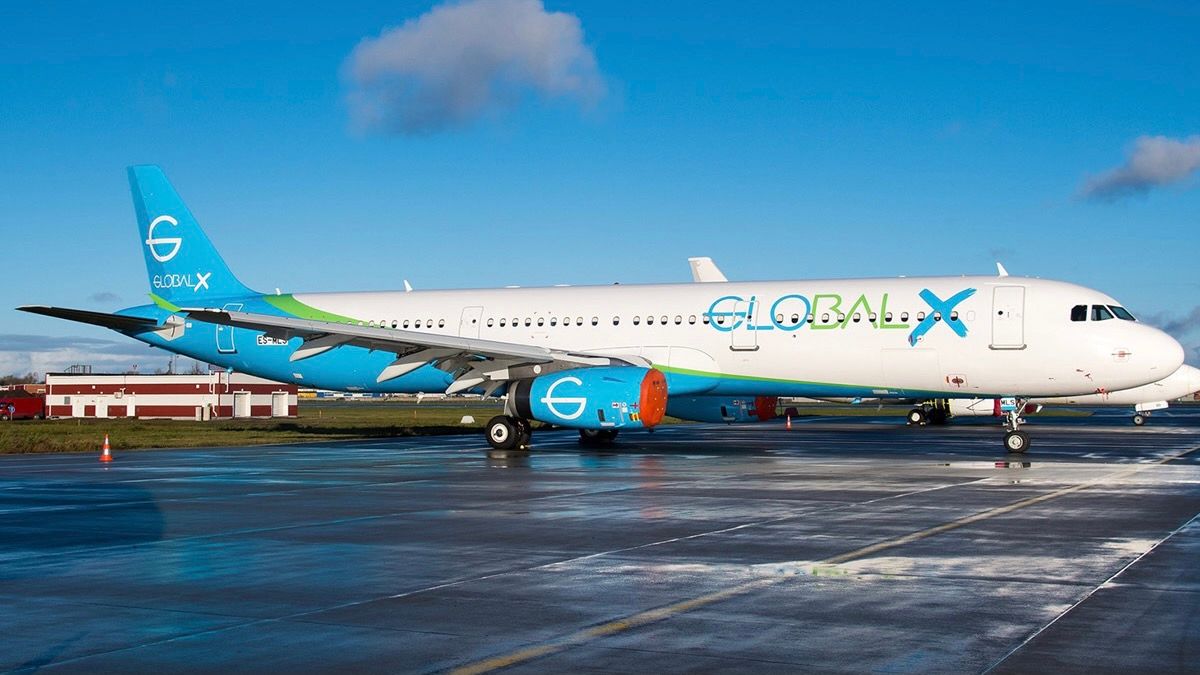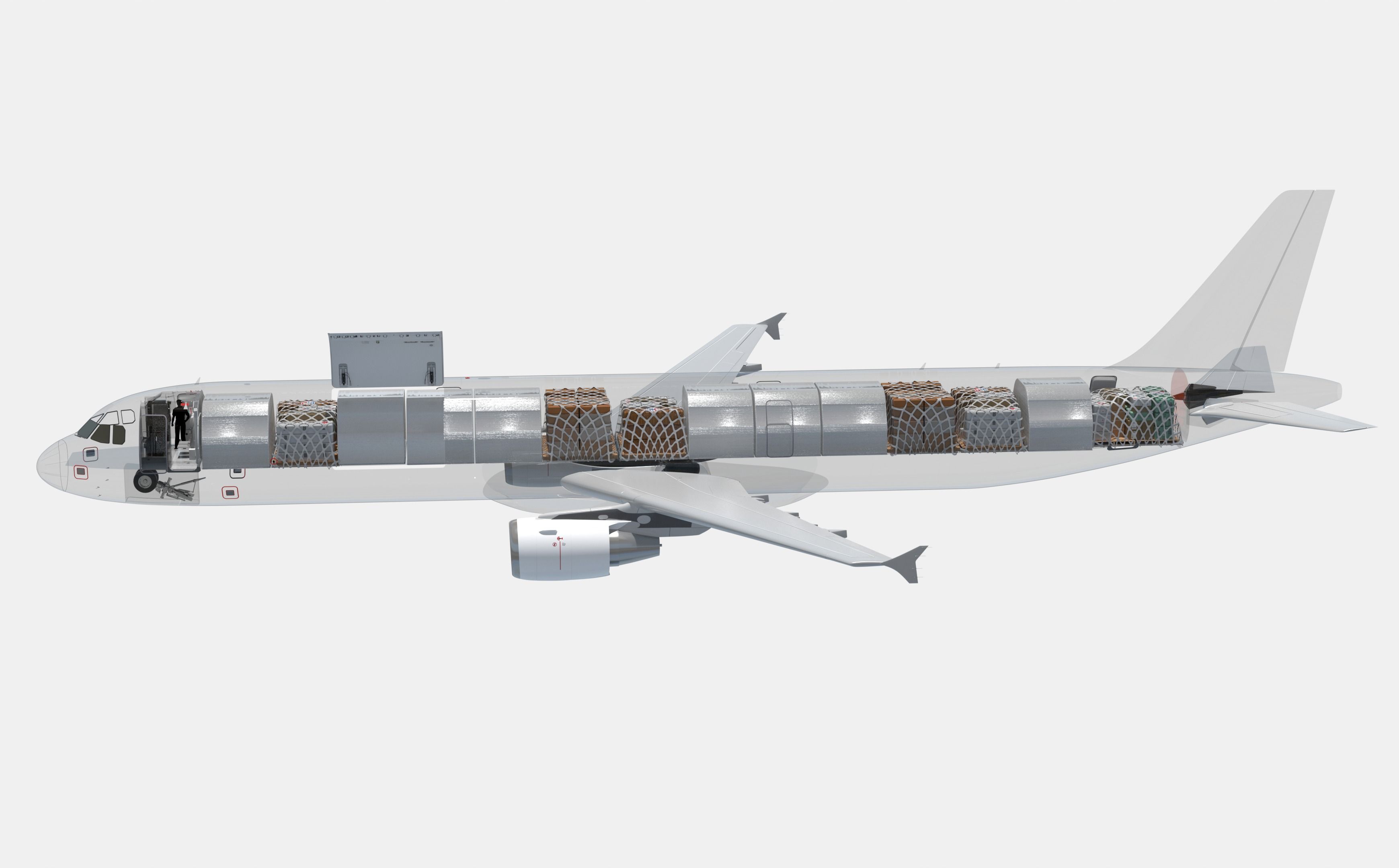Summary
- Global Crossings Airlines Group (GlobalX) is adding three aircraft to its fleet, including an A321F and two A320 family passenger aircraft.
- GlobalX primarily operates as a wet lessor and charter operator of Airbus aircraft, with a focus on ACMI leasing.
- The A321F is a freighter version of the Airbus A321 and is quickly becoming a popular choice in the cargo industry due to its performance and cargo capacity.
The Global Crossings Airlines Group (GlobalX) is about to add three aircraft to its growing fleet – an A321F and two A320 family passenger aircraft. GlobalX is a noted wet lessor of aircraft.
Growling the GlobalX Fleet
For the Global Crossings Airlines Group, which does business as GlobalX, the airline is best known as a wet leaser and charter operator of Airbus aircraft. GlobalX also is an operator of an air cargo route to Cuba, using Airbus A321Fs.
The acquisition of a third Airbus A321F and an eleventh and twelfth passenger jet will extend the airline’s capability. According to the airline’s September 2023 investor overview, as you can see in the select slides below, the airline intends to go with a single fleet of Airbus A320 family aircraft.
Furthermore, the airline has supported both government clients and major US college teams alongside traditional low-cost airlines that need an ACMI/wet lease lessor to fulfill their growth plans.
GlobalX perceives being a hybrid charter airline as insulation from “economic cycles,” especially with the ability to provide ACMI leasing options. Already, 70% of GlobalX’s business comes from ACMI leasing, according to an October 5 GlobalX statement.
So, what is ACMI leasing?
ACMI leasing is billing for the share of the operating costs of an aircraft plus the aircraft’s crew, maintenance, and insurance – hence the acronym ACMI. Low-cost carriers like Allegiant, Avelo, Canada Jetlines, Lynx Air, and Wizz Air have all used GlobalX’s ACMI offering to have an airplane meet the lessee’s growth needs.
ACMI airlines are rare, but having an airline only pay for its share of use of the aircraft and supports – such as crew, fuel, and insurance – does result in lower operating costs to be passed on to customers. Very helpful for low-cost airlines.
About the Airbus A321F
Yes, there is a freighter version of the Airbus A321. The A321F is better known as the A321P2F, as the A321Fs are conversions from passenger aircraft to freighters. According to Air Cargo News on September 14, Cargo Aircraft Management (CAM), a subsidiary of Air Transport Services Group (ATSG) is doing the conversions.
Graphic: Cargo Aircraft Management
A September 12 GlobalX statement had the following insight from Ed Wegel, Chair and CEO of GlobalX.
“Our A321F fleet has performed extremely well – with better fuel burn, and load and unload times for both main deck and lower belly of less than 45 minutes. The A321F takes 50% more volume than its narrowbody competitor and is quickly shaping up to be the 757 freighter replacement aircraft,
“Along with our customers, we are extremely pleased with the A321F performance, and we will continue to grow our fleet of A321 freighters along with the increasing demand for the aircraft.”
A review of the Cargo Aircraft Management webpage for the A321-200PCF shows that such aircraft are capable of hauling 14 “A” Code 88” X 125” pallets with a total cargo volume of 7963 cubic feet, which happens to be 1,400 cubic feet more than B737-800F. Each aircraft also comes with a full-size lavatory, a crew galley, and baggage stowage.
What are your thoughts? Please feel free to share with civility in the comments.
Sources: Air Cargo News, Cargo Aircraft Management


